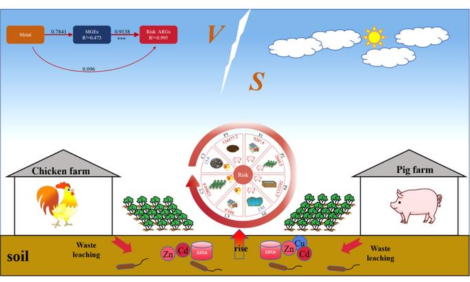



Little Chance of Runaway Beef Markets Slowing
GLOBAL - Runaway beef markets will continue as cattle remain scarce and demand strong, say market analysts.Weather forecasts and tightening supplies appear to be pointing to no major markets shake-up, despite the Russian import ban and questions over Chinese demand.
Russia’s limited impact has been attributed mostly to prior restrictions in place on US and Australian beef.
However, Brazil is favourite to capitalise after what has already been a good year for exports – up 11 per cent.
This assessment appears in Rabobank’s beef quarterly update, which forecasts tight markets due to key exporters having low cattle inventories.
In Australia, the weather outlook is for further rain shortage. High slaughter rates have followed prolonged drought which has prompted the government to call for ‘agile producers’.
Looking further ahead, Australians have been warned of more ‘tight conditions’.
The US drought, and subsequent slaughter increase, has yielded record cattle prices, severely testing consumer will.
Similarly, despite competition from a drought hit Australia, New Zealand’s ‘optimistic’ producers are also seeing strong prices and excellent returns after good demand from the US and China.
US beef production, down 5.6 per cent from January to August, has meant it has had to ‘aggressively import’, mainly from Australia (up 36 per cent), but also from Canada, Mexico and New Zealand.
This led to a US market which ‘cleared the shelves’, not just in the US but across North America, added Rabobank.
Rabobank said: “What makes this situation even more concerning is that it does not look like the US market has simply removed beef from the short term supply base; there are also indications that supplies are being cleared for the prospect of future opportunities for herd rebuilding.”
Some Have Low Prices
One bearish factor could be China’s 2014 demand, up a further 20 per cent so far, waning in light of high prices.
However, Rabobank said that winter months bring cold weather and festivals, both stimulus for beef demand.
Elsewhere, Indonesian and European markets have bucked the trend.
After a Ramadan peak in July, Indonesian prices have fallen as Japanese beef imports have recommenced after a four year foot and mouth disease ban.
In Europe, lower prices across all cattle has resulted in producer lobbying and protest, particularly in Ireland.
Despite slightly lower imports, exports over a third higher and lower production, poor prices remained as demand has been limited by retail prices.
Michael Priestley
News Team - Editor
Mainly production and market stories on ruminants sector. Works closely with sustainability consultants at FAI Farms



